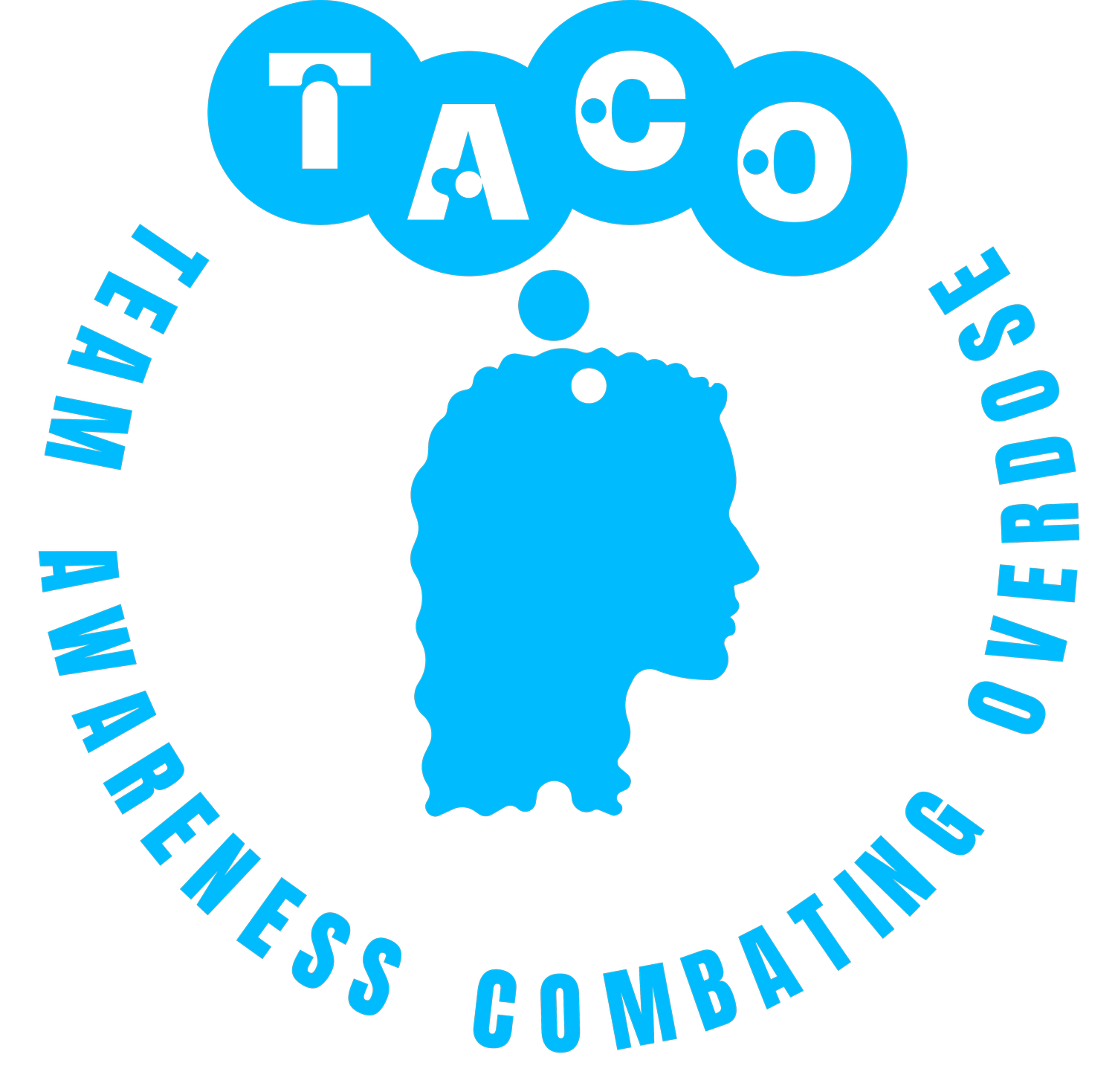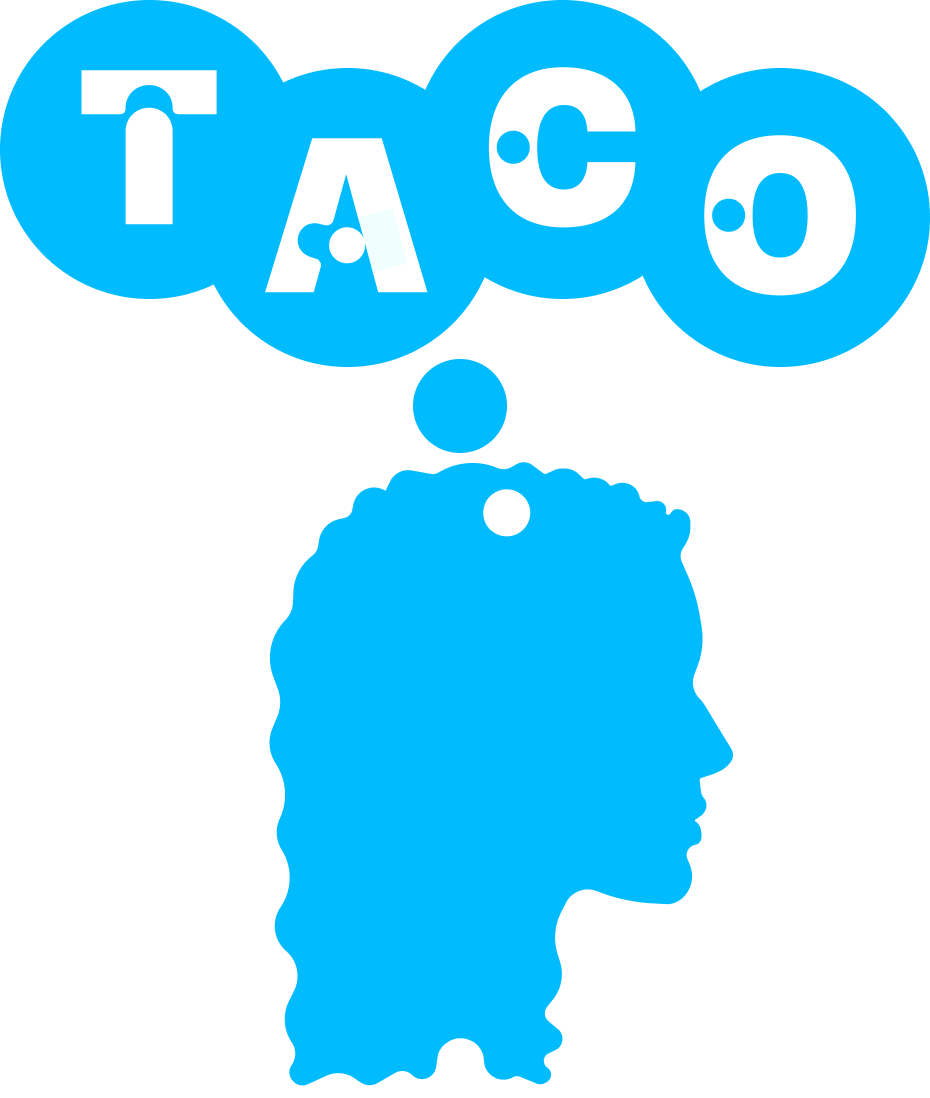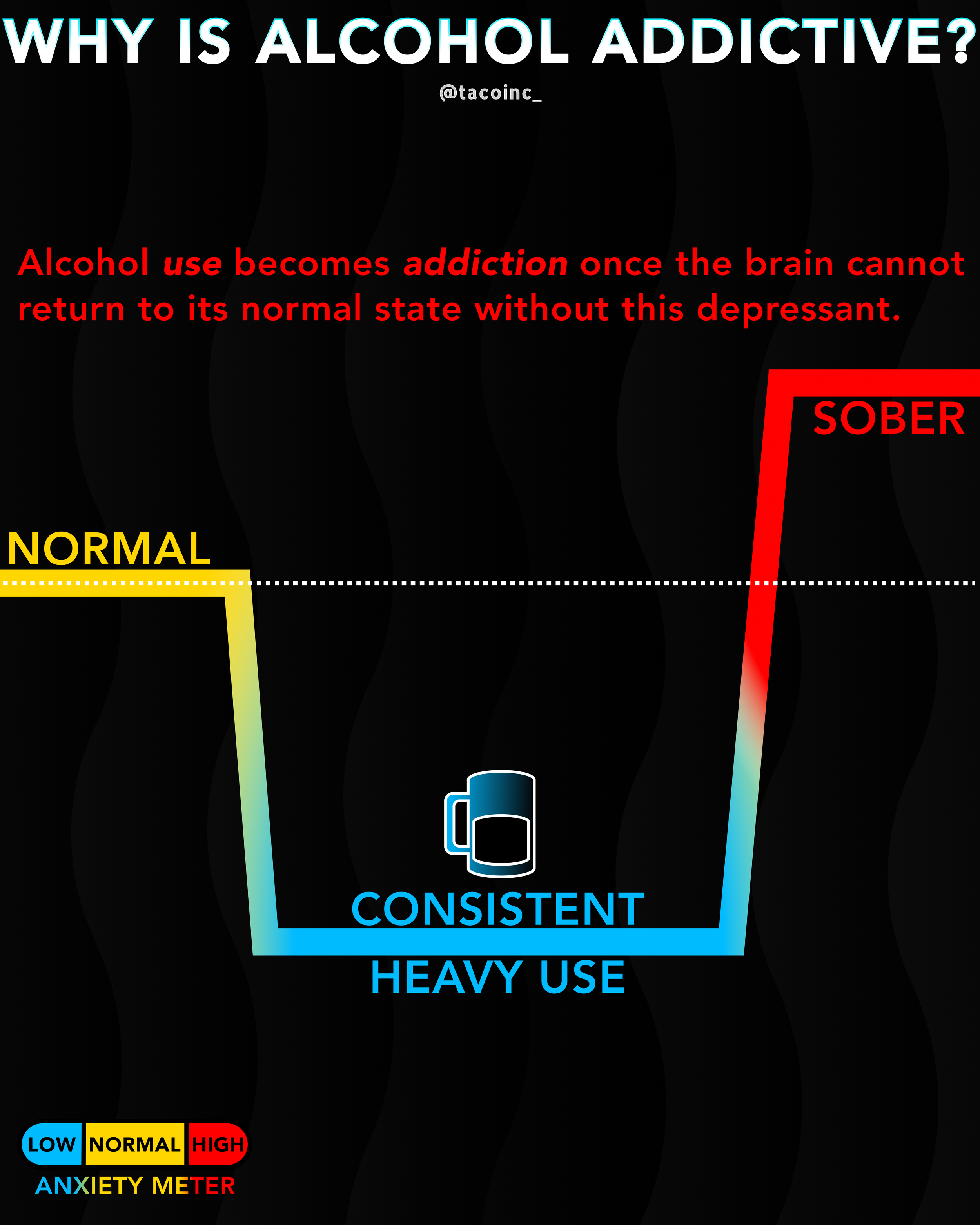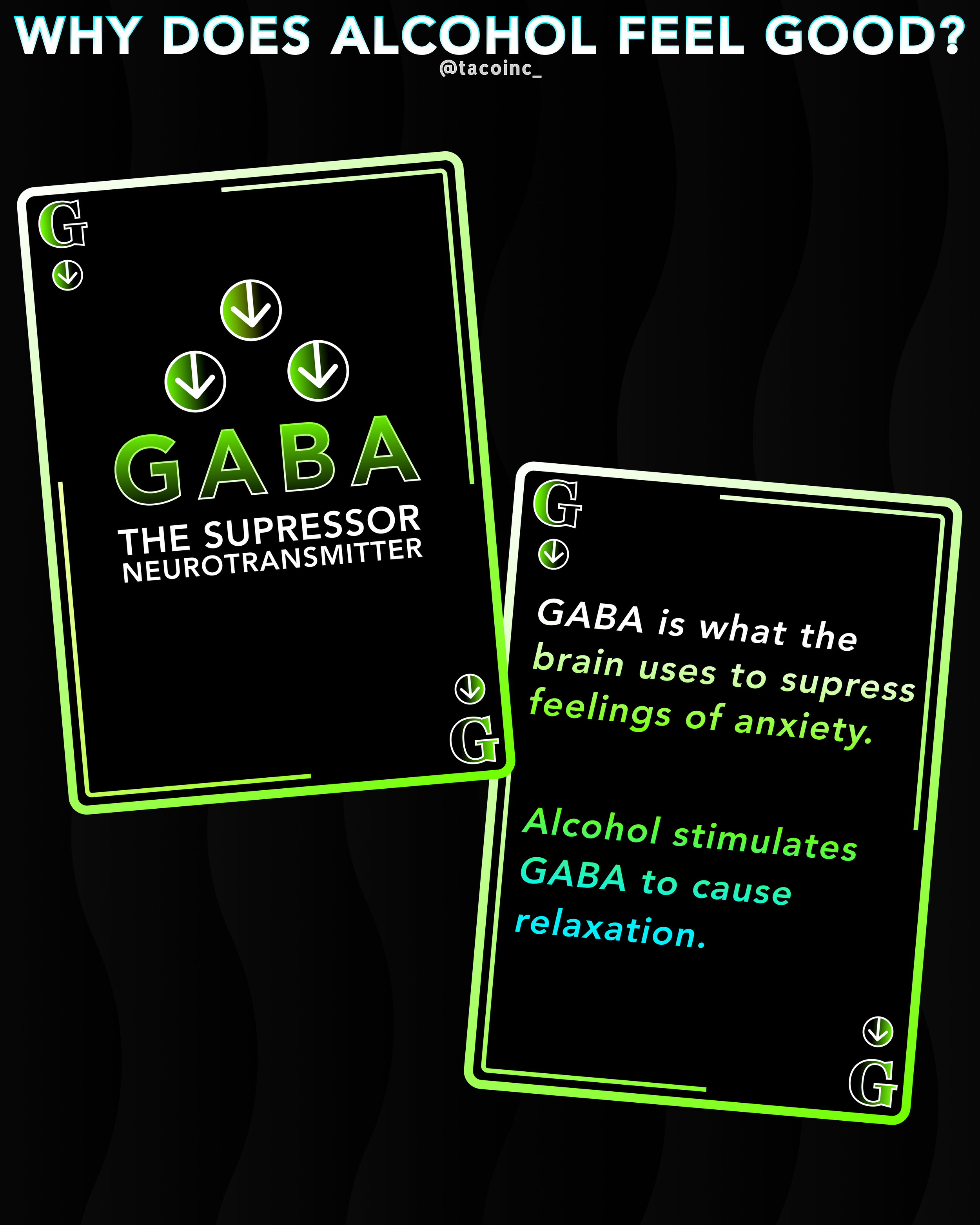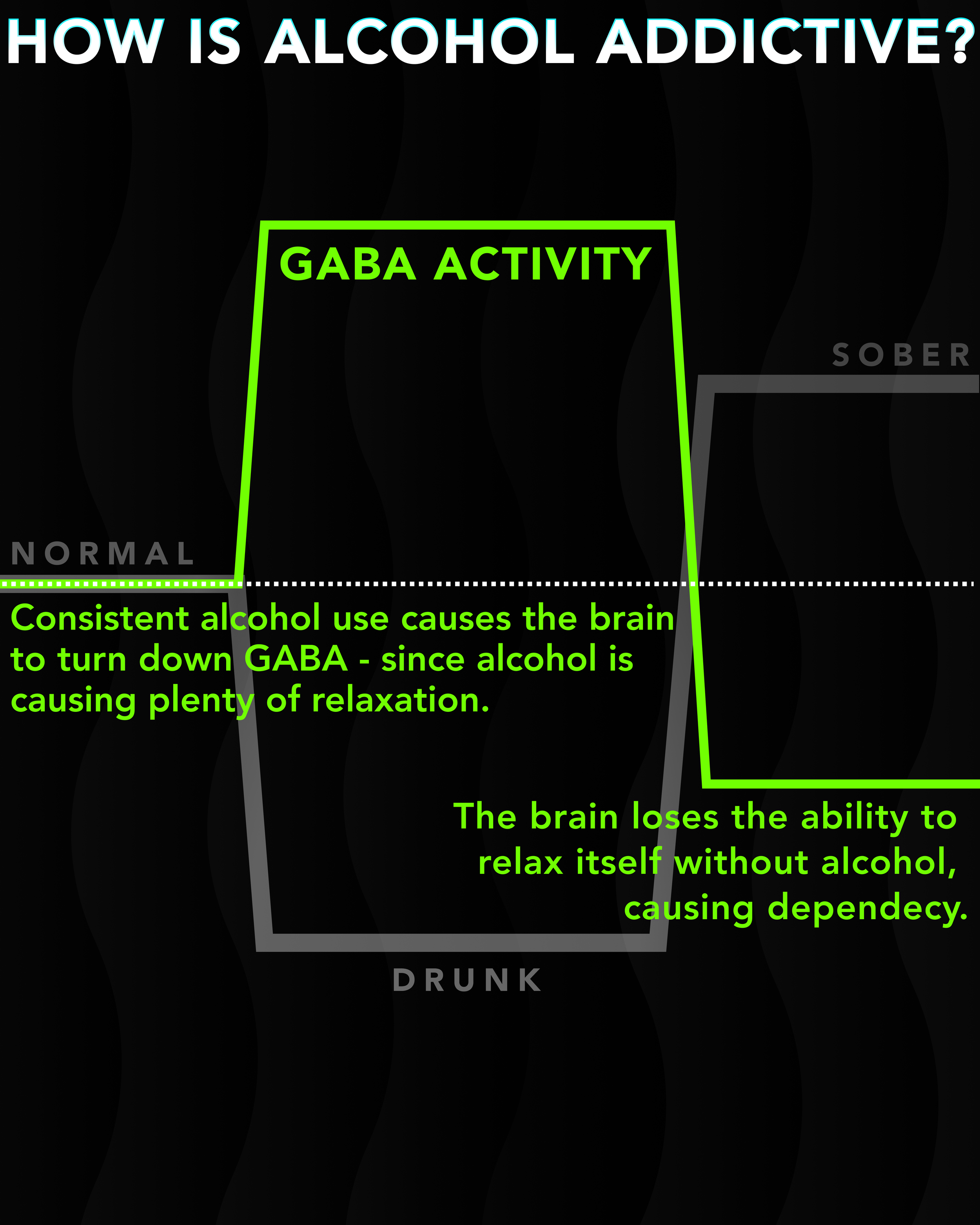What is Alcohol Addiction?
What is Alcohol Addiction Really?
Alcohol is an addictive substance that can cause physical dependence. Anyone can become physically dependent on Alcohol with enough use. Alcohol addiction is caused by the brain habitually seeking the initial euphoric feeling associated with short term consumption.
Once the brain becomes adapted to consistent alcohol use, alcohol consumption must be continued - not to achieve euphoria - to avoid painful withdrawal symptoms. The person may experience discomfort, cravings for alcohol, and even seizures when this drug is leaving their system.
When constantly using alcohol, the brain begins to recalibrate to keep itself in its normal state. With long term alcohol abuse, the brain’s receptors become used to the effects of alcohol and better at overcompensating to restore a normal state. This leads to an increased tolerance for alcohol and requires the user to drink more alcohol to feel the same effects.
Once the brain becomes dependent on alcohol to maintain its normal functions, withdrawal will occur when the person stops consuming alcohol. Symptoms of alcohol withdrawals include seizures, shaking, hallucinations, fast heart rate, anxiety, confusion, agitation, and an inability to sleep properly. These symptoms are caused by the brain’s pathways for restoring the body to its normal state during alcohol consumption being overly active even when alcohol is no longer in the body.
If you or a friend are experiencing symptoms of alcohol withdrawal, consider medical treatment. If you or someone you know is experiencing alcohol addiction, you can seek help through these non-judgmental resources:
📞National Addiction Helpline at 1-800-662-4357
📲National AA Meeting Locator 866-210-1303
